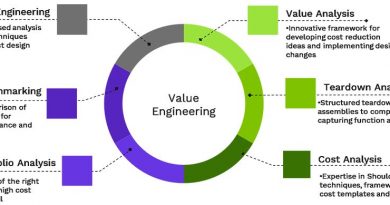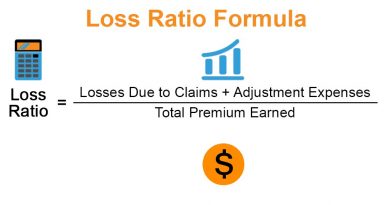What Are Index Futures Definition Types and How to Profit

Index futures derive their value from a financial index and allow traders to speculate on the future price direction of the index. Originally for institutional investors, index futures are now accessible to individual investors. Popular futures include fractional index futures that trade at lower prices than those for institutional investors, such as the Chicago Mercantile Exchange’s E-mini S&P 500. Investors also use index futures to hedge equity positions.
Key Takeaways:
– Index futures are contracts to buy or sell a financial index at a set price today and settle in the future.
– These contracts were initially for institutional investors but have been open to anyone for decades.
– Portfolio managers use index futures to hedge equity positions.
– Speculators bet on the market’s direction using index futures.
– The most popular index futures are based on equities, including the E-mini S&P 500, E-mini Nasdaq-100, and E-mini Dow.
Understanding Index Futures:
– An index tracks the price of assets like equities, commodities, and currencies.
– An index future is a legal contract to buy or sell a contract derived from a stock market index by a specific date at a predetermined price.
– Index futures work the same as other futures contracts, with traders delivering the cash value on expiry unless the contract is unwound before.
– Traders use index futures to hedge or speculate on price changes in the underlying equity index.
Types of Index Futures:
– The most popular index futures are based on equities.
– Examples include E-mini S&P 500, Dow Jones Industrial Average, Nasdaq 100 Index, E-mini Dow, E-mini Nasdaq-100, Micro E-mini Dow, Micro E-mini Nasdaq-100.
– International markets also offer index futures like the DAX Stock Index and Swiss Market Index.
Index Futures and Margins:
– Futures contracts require an initial margin to cover potential losses.
– The maintenance margin sets the minimum account balance to satisfy future claims.
– A margin call may require additional funds to be added to the account.
Profits and Losses from Index Futures:
– Index futures settle quarterly and determine profits based on the difference between the entry and exit prices.
– There are risks as the market can move against the position.
Index Futures for Hedging:
– Portfolio managers use index futures to hedge potential losses in their stock positions.
– By selling index futures, the losses from declining stock prices can be offset.
Index Futures for Speculating:
– Experienced traders use index futures to speculate on the direction of an index, without buying individual stocks or assets.
Pros and Cons of Using Index Futures:
– Pros: hedge against declines, require only a fraction of the contract’s value as margin, allow speculation, help businesses prepare.
– Cons: curtail portfolio gains, margin calls may require additional funds, high risk, unforeseen events may cause the index to move in the opposite direction.
Index Futures vs. Commodities Futures Contracts:
– Stock index futures and commodity futures work differently.
– Commodity futures may require physical delivery, while index futures are cash-settled.
Examples of Index Futures:
– E-mini S&P 500 futures contract allows speculating on the S&P 500 index’s direction.
– Profits or losses are determined by the index’s change in value.
How Do You Trade Index Futures?:
– Open an account with a brokerage firm, choose the index, and decide whether to go long or short.
– Watch the contract as it nears expiration.
Can Index Futures Be Used to Predict Market Performance?:
– Index futures are considered an educated wager, not a predictor.
– Markets can go in any direction due to various factors.
Is Index Futures Trading Riskier Than Stock Trading?:
– Index futures trading can be riskier due to volatility and leverage.
– Stock trading allows investors to limit losses to the invested amount.
How Are Index Futures Priced?:
– The price of index futures depends on various factors, including time until expiration, date, index value, and interest rate.
How Long Can I Hold a Futures Contract?:
– Futures contracts have an expiration date but can often be rolled over to the next month.
The Bottom Line:
– Index futures allow investors to make trades based on predictions about index price movements.
– Understand how futures work and the risks involved before trading.
– Inexperienced traders may experience losses in futures trading.



